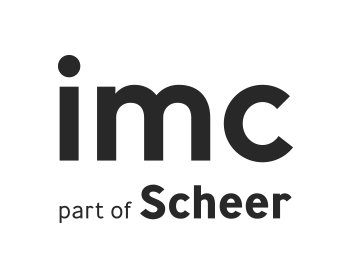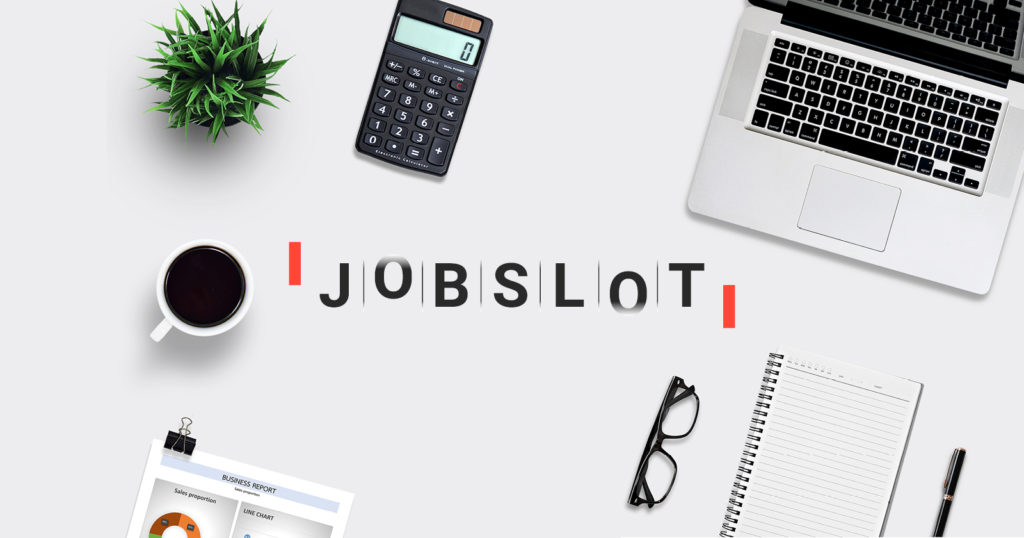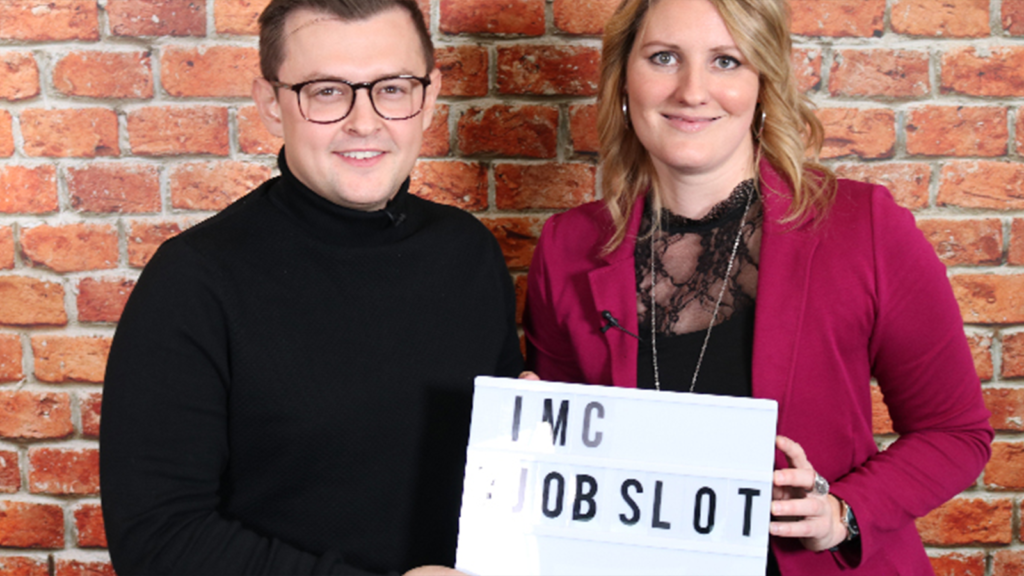imc Job-Slot
What does a Project Management Officer actually do? Or a motion designer? What does a trainee learn in New Media?
Well, we can't answer these questions in a general way, but we can explain to you what they do in our company.
Random questions, regular new faces and professions: that's imc's job slot.
Unique people. Random questions.
Many job titles today are so complicated that nobody really knows what they are all about anymore. We bring light into the darkness and introduce a job and of course the person who does it every month from now on.
From Saarbrücken to Melbourne, from Sibiu to Zurich, employees from all locations have their say. Different areas, diverse backgrounds, positions and professional experiences, everything is represented. The questions? Randomly selected from our list of questions.

The crazy tech guy who wanted to be a Formula 1 driver
A little crazy, but also desperately in love with the LMS: That's Ravi Tandon, Customer Success Manager at imc Australia. He tells why he made the LMS his girlfriend and why he didn't become a Formula 1 driver.

A Fine Line Between Genius and Madness: A Day in the Life of an IT- System Administrator
Q: What do you get if you combine technical savvy with the patience of a saint and a willingness to help? A: The perfect system administrator. In other words, someone like Raffael Willems, Head of Internal IT at imc.

The rise of Mr. Hilarious – From a small garage start-up to Managing Director at imc
No. We’re not talking a Hollywood script for a new Vince Vaughn comedy. We’re telling the story of a Managing Director at imc Austria.

Teamwork makes the team work: A Technical Consultant debunks the myth of the Hermit Techi
Hermit Techis? No way! We spoke to a Technical Consultant who debunks this myth and tells us what you need in his job.





Working at imc
Would you like to know more about imc as an employer? Then take a look at our career section, maybe there is a suitable position for you. We are also always happy to receive unsolicited applications!
Contact
I have been working in the imc Marketing & Communication team since March 2019.
I am passionate about communication, creative content and social media. I live by the motto: “KISS – Keep it short and simple!”
Explaining complex content in simple terms and making e-learning accessible to everyone are challenges that make every day exciting.
In my time off, I like to read, play poker and travel a lot.
I am always happy to receive feedback or suggestions:









